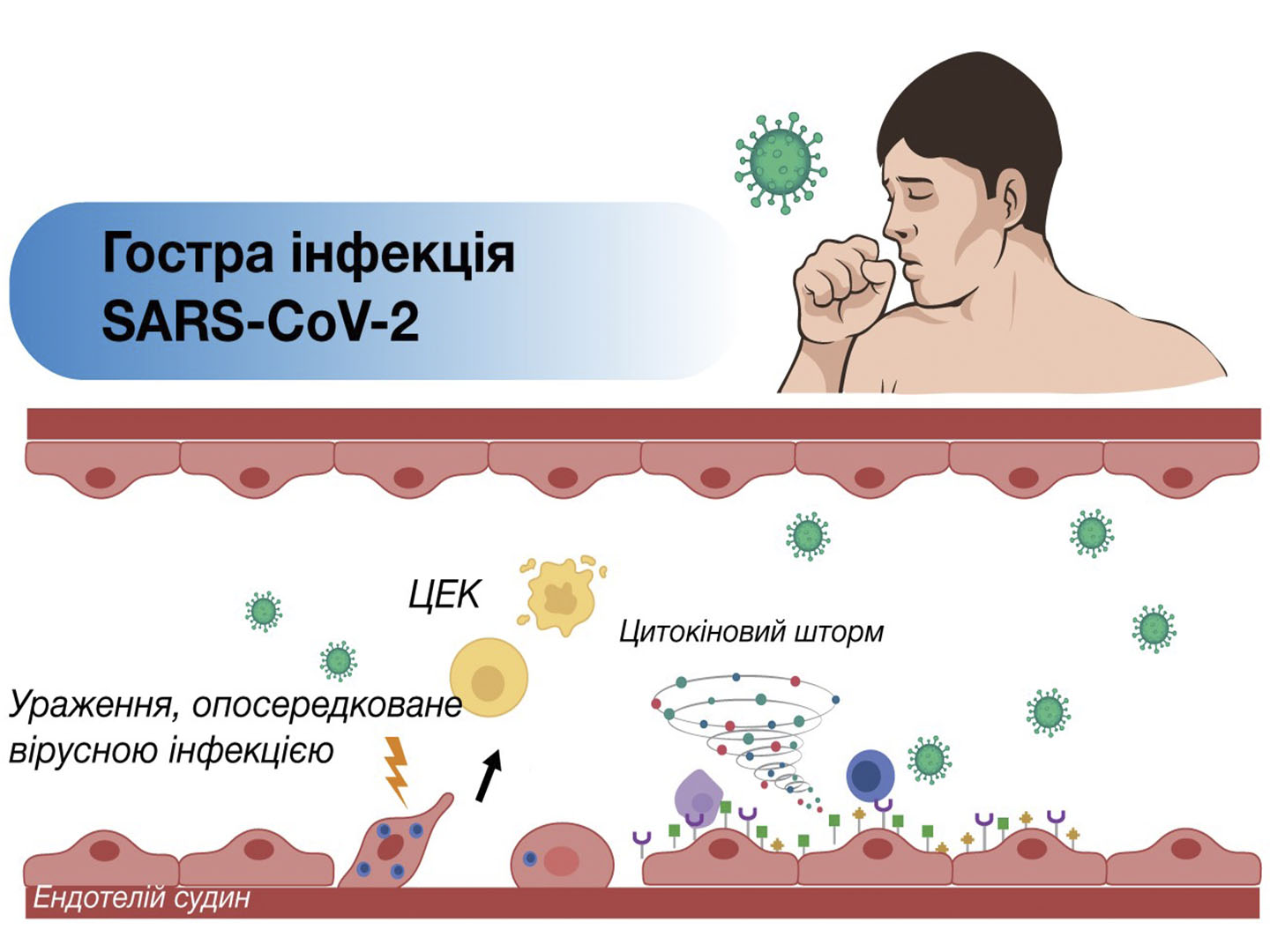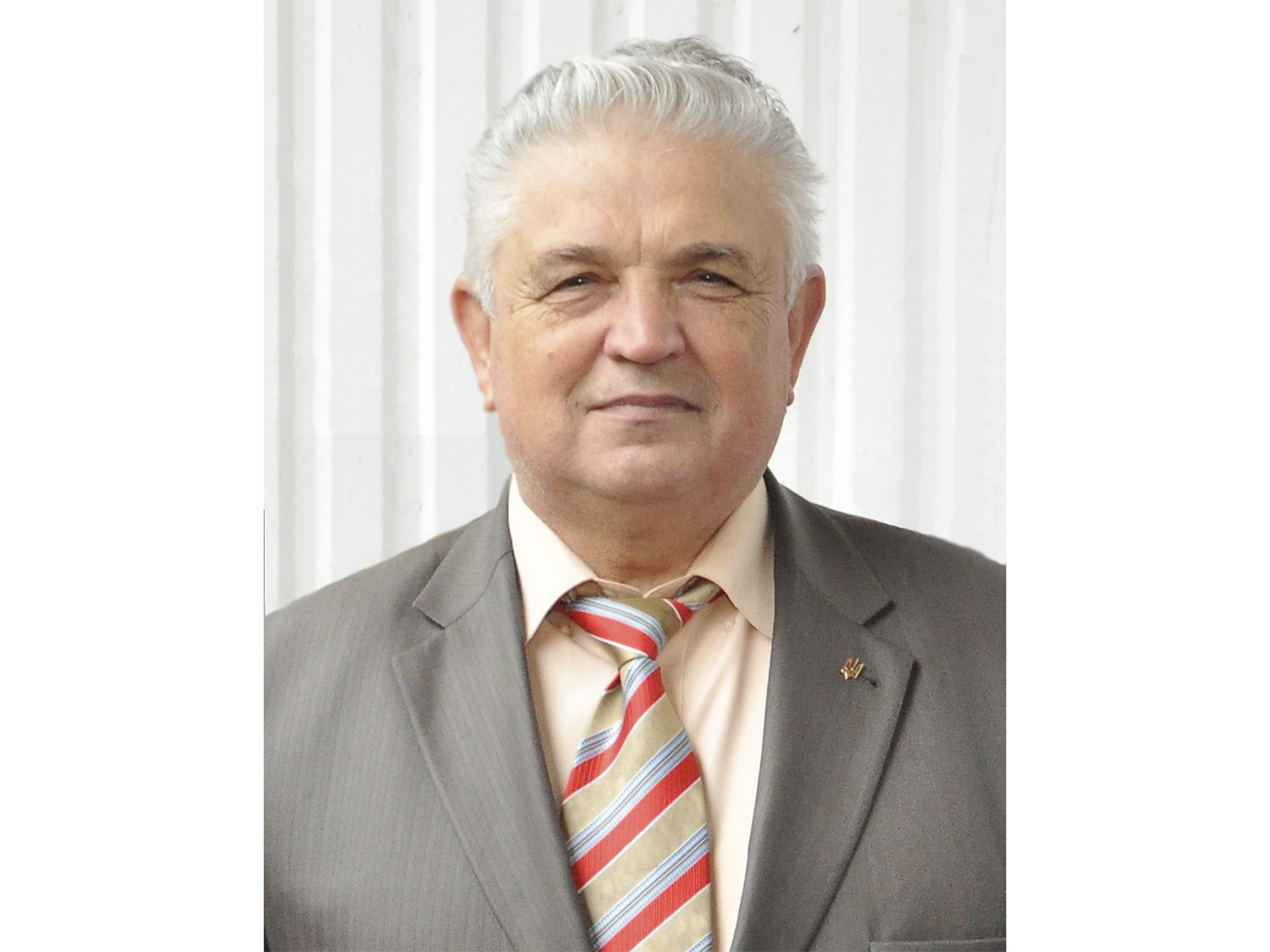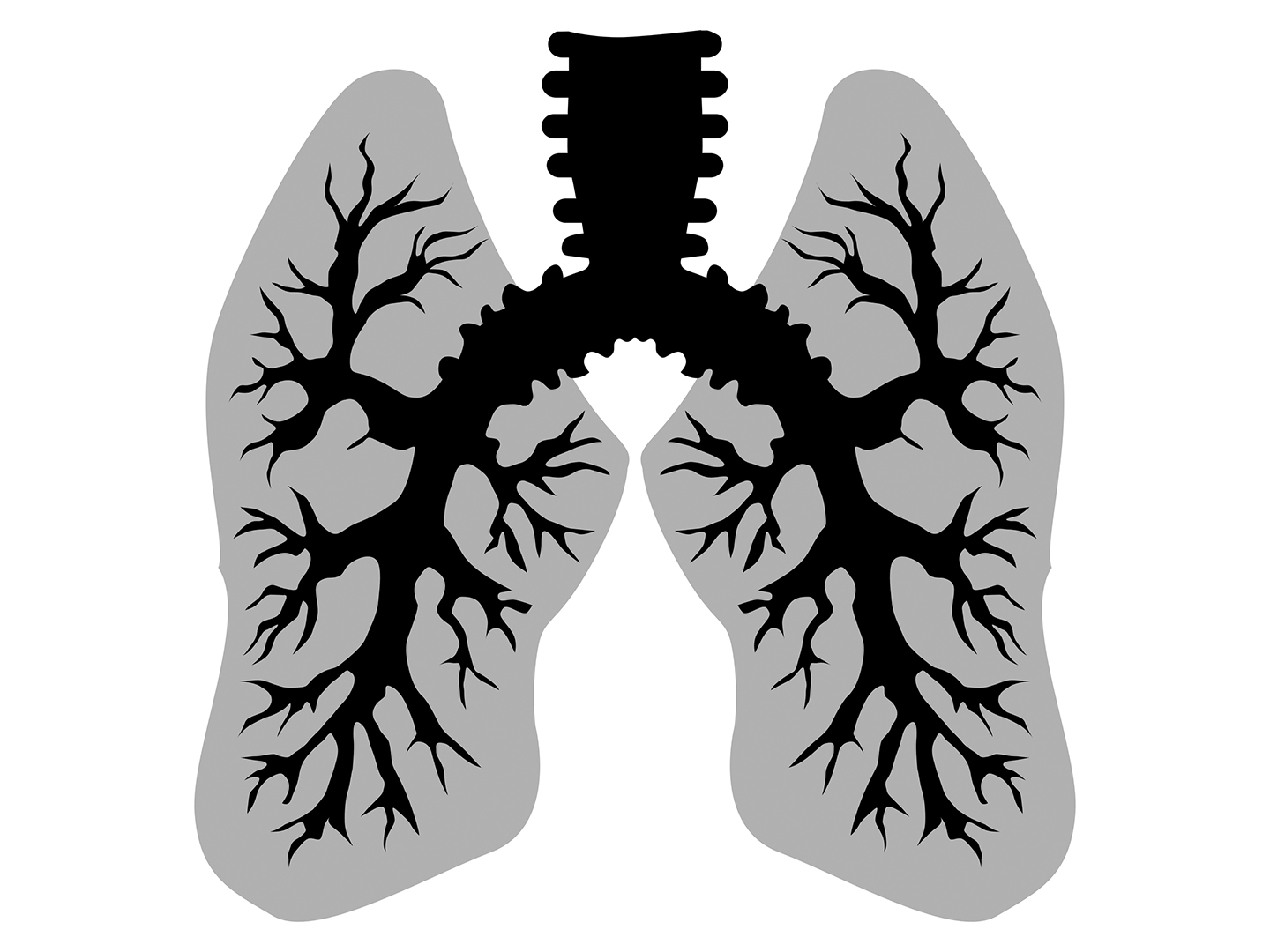Efficacy and safety of iron (III)-hydroxide sucrose complex in correction of anaemia stage 5D chronic kidney disease hemodialysis patients not treated by erythropoiesis-stimulating agents (prospective analysis)
SI «Institute of Nephrology NAMS of Ukraine»
Keywords: chronic kidney disease, anaemia, haemodialysis, iron deficiency, sucrose complex, haemoglobin, ferritin, transferrin saturation.
Summary: The aim of study was to evaluate the efficacy and safety of SUFER® (iron (III) sucrose complex) in correction of anaemia stage 5D chronic kidney disease hemodialysis patients.
Methods. This study included thirty patients undergoing regular hemodialysis (mean age was 48,81±3,24 years, mean duration of dialysis was 30,43±9,25 months) with renal anaemia and iron deficiency. All patients were treated with SUFER® intravenously 200 mg three times a week. Correction dose was determined according to the manufacturer’s recommendations.
Results. Mean level of ferritin was significantly increased from 125,15 ± 21,46 ng / ml to 375,56 ± 64,12 ng / ml (p <0,001), transferrin saturation – from 17,48 ± 2,71% to 38,21 ± 4,90 ng / ml (p <0,001). 23 (76.67%) patients achieved target levels of ferritin and transferrin, 12 (40%) – target level of haemoglobin (100 g / l). There were not the adverse events.
Conclusions. SUFER® is an effective and safe drug in correction of anaemia stage 5D chronic kidney disease haemodialysis patients.
INTRODUCTION. Anaemia is a characteristic feature of chronic kidney disease (CKD), especially in advanced stages of the disease, especially in patients with stage 5 treated with methods of renal substitution therapy. The severe form of anaemia (haemoglobin < 90 g/l) in patients treated with program haemodialysis is associated with increased morbidity and mortality risk. Additionally, anaemia is associated with cognitive disorders, deterioration of quality of life and different symptoms, including fatigue, muscle weakness, poor physical functioning, shortness of breath and depression [2, 7].
In most cases, anaemia of dialysis patients is erythropoietin deficiency anaemia. However, the efficacy of erythropoietin-stimulating agents (ESA) significantly decreases due to iron deficiency. Therefore, its correction is one of the key moments in anaemia correction. On one hand, iron deficiency is often diagnosed in patients early in the treatment of anaemia. On the other, the use of ESA increases body-iron need leading to the development of iron deficiency and is often a cause of low efficiency of ESA.
According to last recommendations of KDIGO, correction of iron deficiency in patients with CKD and anaemia should be started in case of decrease in ferritin level more than 500 μg/l, serum transferrin saturation ratio (TSR) and these values should be monitored every 3 months [5].
In most cases, oral iron preparations are not effective for treating these patients. Oral dosage forms of iron are poorly absorbed and tolerated due to adverse gastrointestinal events [4].
Intravenous iron preparations contain iron as dextran or non-dextran compounds (gluconate, sucrose, carboxymaltose). The use of iron dextrans is associated with hypersensitivity reactions, including severe anaphylactoid reactions. Therefore, according to most authors, non-dextran iron compounds have significant advantages [3,4,5].
Along with advances in the treatment of anaemia in patients with stage VD CKD, this problem until today remains one of the most pressing in modern nephrology. The new treatment approaches are developed; target levels of laboratory parameters are specified, the list of iron supplements is expanded.
The OBJECTIVE of the study was prospective assessment of efficacy and tolerance of SUFER® (iron (III)-hydroxide sucrose complex) in correction of anaemia in patients with chronic kidney disease of stage VD treated with program haemodialysis and erythropoietin- stimulating agents.





